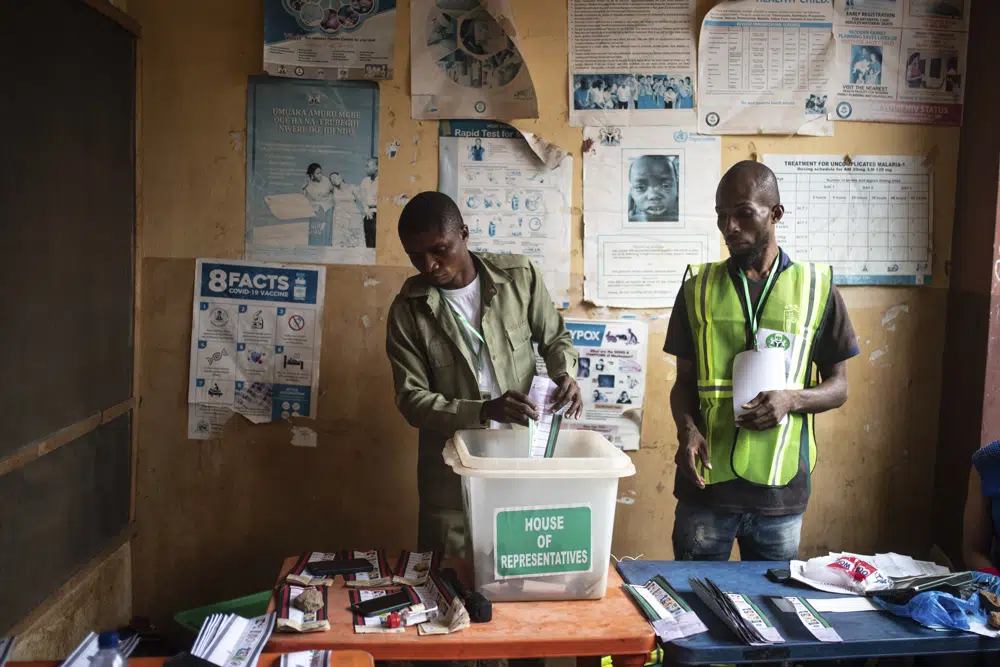Nigeria has temporarily halted the implementation of a contentious annual levy that would require companies employing expatriate workers to pay a substantial amount. The levy, introduced by President Bola Tinubu, demanded $15,000 (£12,000) for directors and $10,000 (£8,000) for other employees. However, due to widespread condemnation, the Ministry of Interior has decided to pause the tax in order to hold discussions with relevant stakeholders.
The introduction of this levy caused an uproar within the business community, prompting the Ministry of Interior to reconsider their decision. The purpose of the levy was to discourage abuse of the expatriate quota and bridge the wage gaps between expatriates and local workers while providing employment opportunities for Nigerians.
Dele Kelvin Oye, the national president of the Nigerian Association of Chambers of Commerce (NACCIMA), expressed his appreciation for the government’s decision to halt the levy. He commended the administration for recognizing the potential negative impact on the country’s business environment and their commitment to creating an inviting atmosphere for both local and international investors.
However, numerous organizations strongly criticized the Expatriate Employment Levy (EEL) and raised concerns about its implications, particularly in the midst of Nigeria’s severe economic crisis. The Nigeria Employers’ Consultative Association (Neca) described the policy as “worrisome” and feared it would lead to a higher unemployment rate and dire socio-economic consequences. The Manufacturers Association of Nigeria (MAN) went a step further, condemning the policy as punitive and a punishment for investors that would undermine Nigeria’s goal of attracting global investments.
According to local media sources citing data from the interior ministry, Nigeria is home to over 150,000 expatriates. These individuals are primarily employed in sectors such as oil and gas, construction, telecommunications, and hospitality. It is worth noting that Nigeria is one of Africa’s largest oil producers, with 90% of its foreign exchange earnings stemming from oil and gas exports, as per the International Monetary Fund.
Presently, companies operating in Nigeria are required to pay $2,000 annually for each foreign employee’s residency permit. President Tinubu acknowledged the difficult period Nigerians are going through, with rising food, transport, and commodity prices caused by the devaluation of the naira, leading to increased foreign exchange rates and inflation. He reassured the nation that efforts were being made to improve the country’s finances and stimulate economic growth.
The Ministry of Interior, after holding a meeting in Abuja on Friday, recognized the need for dialogue with stakeholders to reconsider the levy’s implications fully. This decision to pause the levy reflects a willingness to listen to the concerns raised by the business community and assess the potential consequences it may have on the Nigerian economy.
The government’s commitment to creating an investor-friendly environment is vital for Nigeria‘s economic recovery and attracting foreign investments. By engaging in dialogue, the Ministry of Interior can address the concerns raised by various organizations and seek alternative solutions that promote both the employment opportunities for Nigerians and the growth of the economy.
It remains to be seen how the discussions will unfold and what amendments or alternatives may be proposed. As the Nigerian government navigates through these discussions, the importance of maintaining a balance between protecting the interests of local workers and creating favourable conditions for investments will undoubtedly be crucial for the country’s future prosperity.
Image Credit: AP Photo/Ben Curtis





